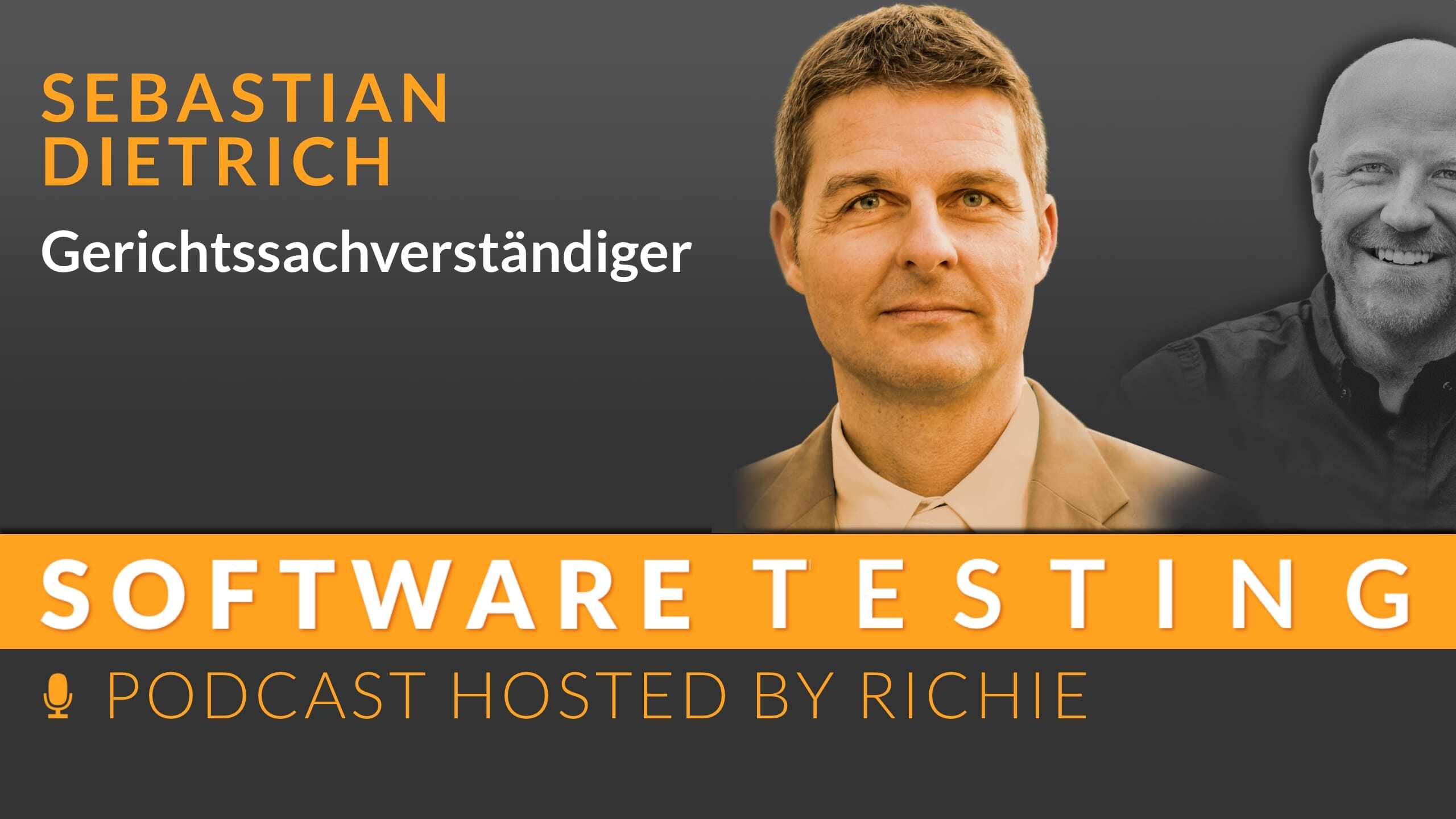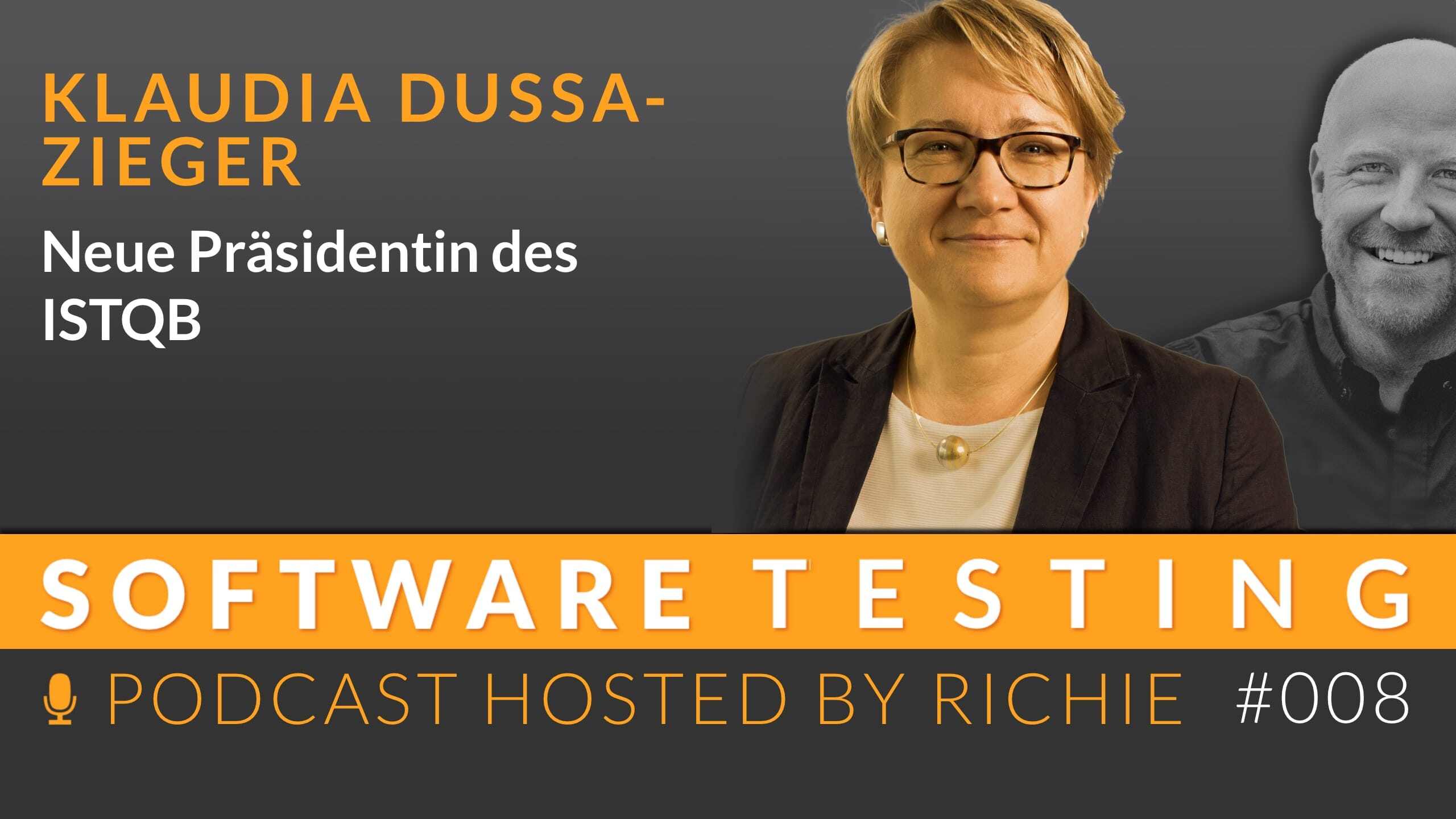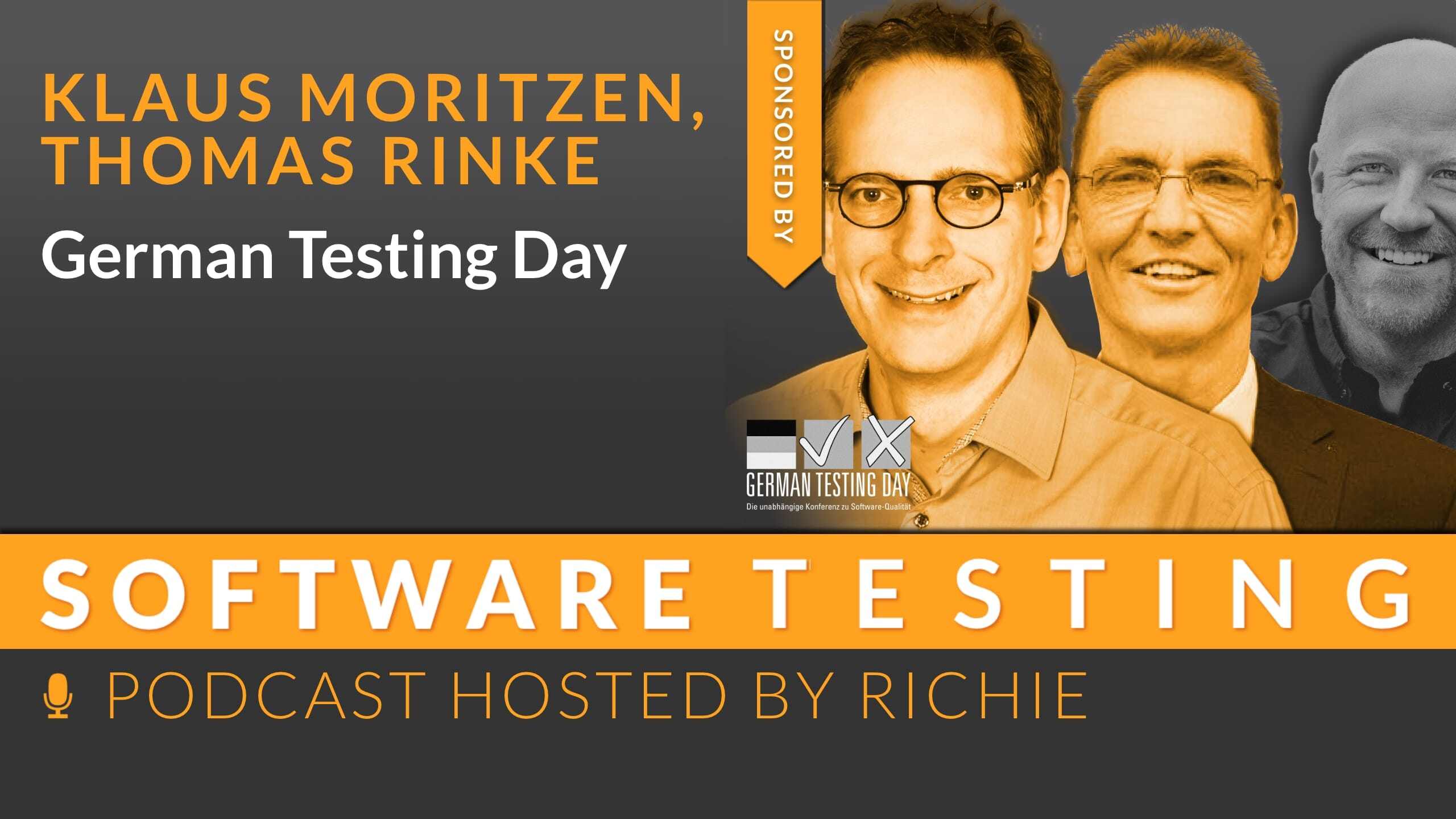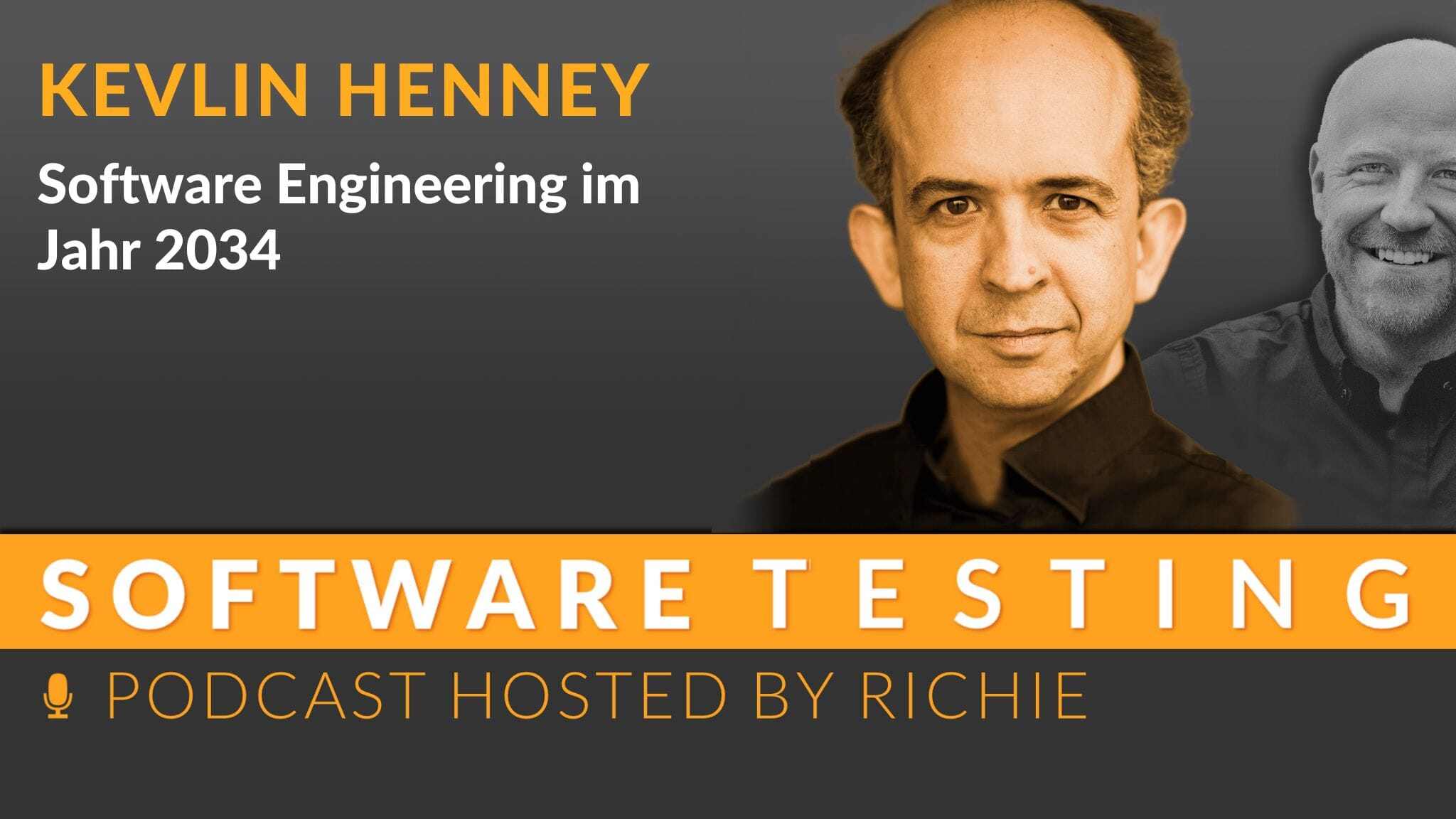New ISTQB President
Klaudia has been actively involved in software testing for many years. Since the founding of the ISTQB (International Software Testing Qualifications...

What actually happens if the software a company has bought doesn’t work? Or worse still, if it causes damage? If a dispute arises, what happens next? Sebastian is a sworn and court-certified software expert. He is commissioned when it comes to the evaluation of software. Interestingly, such cases rarely end up in court - the public embarrassment for both sides is too great. Therefore, all parties are interested in an out-of-court settlement, which people like Sebastian then make possible.
“I’m not here to say ‘That’s it and that’s it! You can throw the software away!’ Nobody wants that, neither party wants that, because both have already invested a lot of time and money.” - Sebastian Dietrich
Since 2003, Sebastian Dietrich has been working as an expert for software quality and software maintenance in addition to his activities as a trainer, consultant and software architect. He has been a sworn and court-certified expert since 2015. In this role, he ensures that software is state of the art and neither outdated nor unmaintainable during the tendering, implementation, testing, acceptance and maintenance of software. If necessary, he also acts as a court expert in the event of a dispute.
Highlights of this episode:
Further links:
Today we’re talking about the interesting profession of software court expert. Our guest, Sebastian Dietrich, has given us an insight into the challenges and responsibilities of this role, from assessing software quality to working with courts and companies.
Today I had the pleasure of welcoming Sebastian Dietrich, a longtime friend and colleague. Sebastian holds a unique position as a court-certified expert witness for software. With over two decades of experience in software development, he offers his expertise to the courts to mediate technical disputes. His comprehensive insight into this specialized profession was not only enlightening, but also inspiring.
Sebastian explained the fascinating aspects of his work to us. As a “generally sworn and court-certified expert”, he is not only in demand for court proceedings, but also works out of court. Testing software for state-of-the-art quality and evaluating development processes are just some of the tasks he undertakes. It turns out that most conflicts are settled out of court in order to avoid public disputes.
Sebastian also revealed the challenges of his job. He is often called in for situations where a lot is at stake - sometimes even human lives. Assessing software quality is complex and requires deep insights into development methods and tools. Sebastian’s ability to evaluate objectively while proposing pragmatic solutions makes him a valuable mediator between the parties.
One of the tools frequently used in Sebastian’s work is SonarQube, a tool for measuring code quality. It helps him to quickly assess the technical quality of software and identify areas for improvement. But as Sebastian emphasized, using such tools is only one piece of the puzzle - understanding the architecture and long-term viability of a software is at least as important.
Sebastian brought up another interesting point: Despite the trend towards agile development, he does not see any significant improvement in general software quality over the years. Agility leads to higher speed and productivity, but not necessarily to better quality. This assessment gives cause for reflection on how quality is defined and achieved.

Klaudia has been actively involved in software testing for many years. Since the founding of the ISTQB (International Software Testing Qualifications...

German Testing Day, a podcast partner from the very beginning, is the focus of this episode. Klaus Moritzen and Thomas Rinke, two veterans of the...

What will the day-to-day work of a developer look like in 2034, what environments, tools and practices will be used to create, test, deploy and...